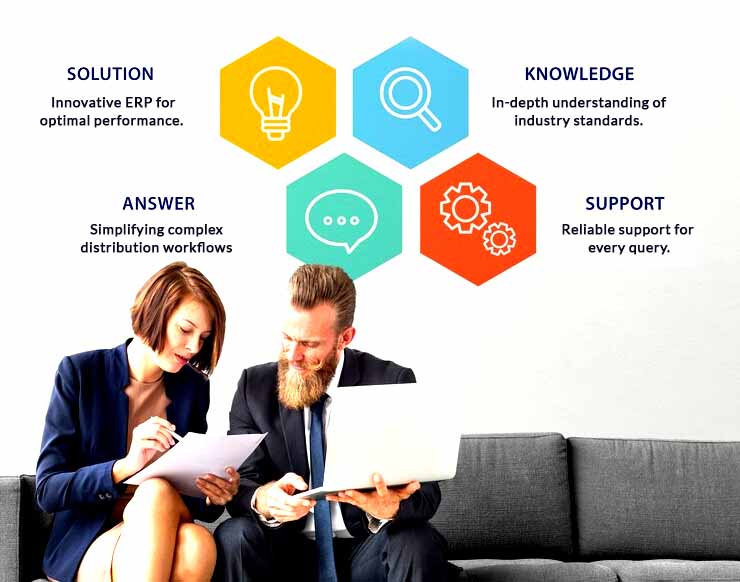
The best Construction ERP software for Distributors, and Wholesalers.
If you own a construction business or if you work in a construction firm, then this construction ERP software is ideal for you. Construction management involves many challenges that you may face such as managing the employees and other resources.
Ximple ERP will maintain a database that will include information about the employee’s designs, the different projects, and resources. Ximple ERP will enable you to raise requests for resources if you run out of them, you will be also able to assign tasks to employees, and also you will have a separate space to store all the essential documents from which the admin and the staff will benefit for their application as this will ensure the team to have a deeper understanding of the project.
Construction ERP for Distributors: Optimize Operations and Boost Profitability with Ximple.
Navigating the construction distribution industry demands precision, adaptability, and robust tools to manage complex operations. Ximple ERP simplifies this process with an intelligent platform that merges operational excellence with customer-centric solutions.
With real-time data, automated processes, and deep integration capabilities, Ximple ERP empowers construction distributors to enhance profitability, reduce operational bottlenecks, and adapt to evolving industry demands. It’s more than just software; it’s your partner in growth.
Managing construction materials and supplies is more than tracking inventory; it’s about precision and accountability.
Turn complex pricing structures into a competitive advantage with tailored features.
Accelerate warehouse efficiency and eliminate costly errors with smart automation.
A seamless supply chain ensures you deliver excellence every time.
Adapt to the digital marketplace with tools built for today’s customers.
Turn data into actionable insights with robust financial management tools.
Efficient workforce management keeps your projects on track.
Simplify and automate workflows to minimize delays and reduce costs.
Enhance experiences with personalized service and faster order processing.
Utilize advanced analytics for smarter decision-making and strategy planning.
Whether you’re managing a small operation or a multi-location enterprise, Ximple ERP fits your unique business needs. With flexible APIs and compatibility with popular software like CRMs, accounting tools, and eCommerce platforms, it creates a unified ecosystem tailored to your operations.
In today’s competitive market, staying ahead means embracing the right technology. Ximple ERP equips construction distributors with the tools to optimize operations, reduce waste, and drive growth. From streamlining your supply chain to empowering your workforce, Ximple ERP is designed to transform your business into a lean, customer-focused operation.
Contact us today to discover how Ximple ERP can redefine success for your business!

 Frequently Asked Questions
Frequently Asked QuestionsIf you need further assistance, please visit our Contact Us page to reach our Support Team!

A: ERP for construction distributors is software designed to streamline inventory, orders, and supply chain processes while improving customer service.
A: It helps track inventory, automate workflows, manage orders, and improve operational efficiency, saving time and reducing costs.
A: ERP provides real-time data, automates procurement, and enhances supplier collaboration, leading to better supply chain management.
A: Key features include inventory management, order tracking, CRM, financial reporting, and supply chain visibility.